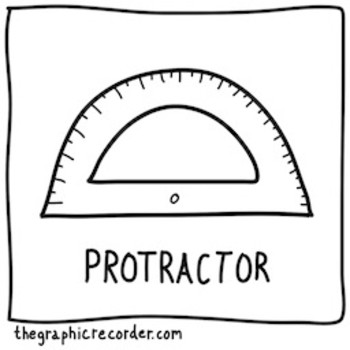Calculate the potential E for the Fe3+/Fe2+ electrode when the concentration of Fe2+ is exactly five times that of Fe3+?
1 Answer
Explanation:
Start with the standard reduction potential for a
From a data sheet of standard electrode potentials,
#E_"cell"^"o"(["Fe"^(3+)]//["Fe"^(2+)]) = +0.77 color(white)(l) "V"# #""^([1])#
Consider the "equilibrium" for this cell reaction:
#"Fe"^(3+) + "e"^(-) rightleftharpoons "Fe"^(2+)#
... for which
- there's one mole of electron transfer per mole reaction,
#n = 1# ; #Q = ["Fe"^(2+)]//["Fe"^(3+)] = 5# according to the question;
Apply the Nernst equation
#E_"cell" = E_"cell"^(@) - (0.0592 color(white)(l) "V")/(n) * log Q#
#color(white)(E_"cell") ~~0.73 color(white)(l) "V"#
[1] "Standard electrode potential (data page)", Wikipedia, https://en.wikipedia.org/wiki/Standard_electrode_potential_(data_page)
[2] "Cell Potential Under Nonstandard Conditions", Libretexts, https://chem.libretexts.org/Textbook_Maps/General_Chemistry/Map:_Chemistry_-_The_Central_Science_(Brown_et_al.)/20:_Electrochemistry/20.6:_Cell_Potential_Under_Nonstandard_Conditions


